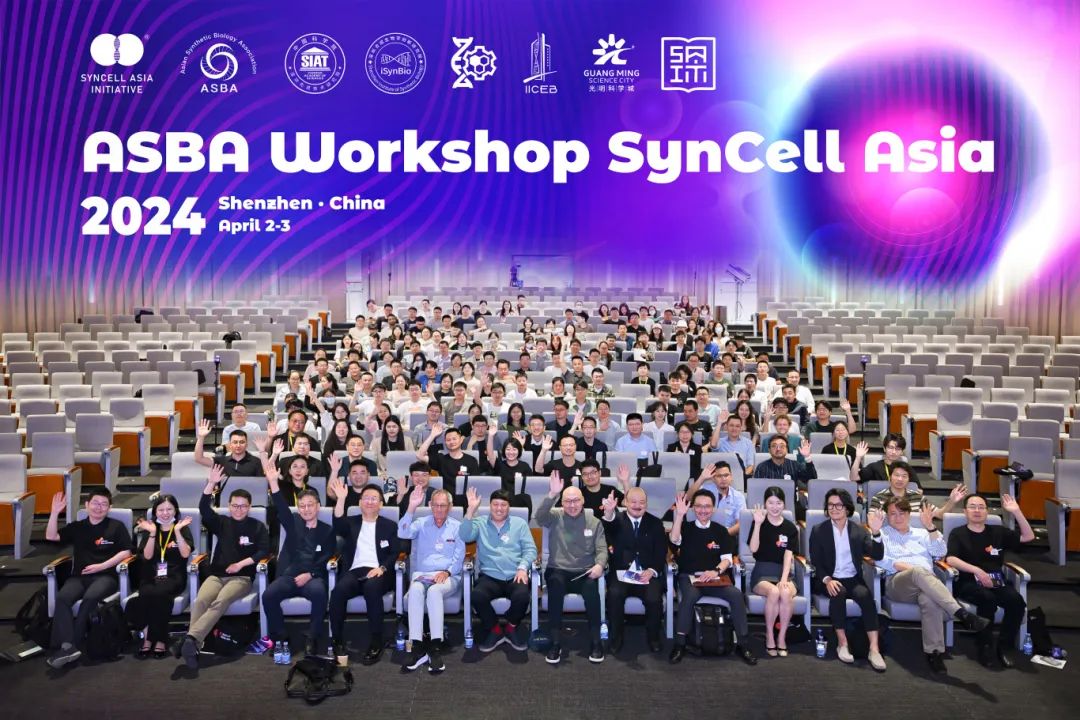2024 ASBA Workshop, SynCell Asia
Name:2024 ASBA Workshop, SynCell Asia
Title:Dialogues in Synthetic Biology in Asia | The Memorandum of Understanding for SynCell Asia was signed in the Shenzhen Guangming Science City.
Date:April2-3
Add:Shenzhen Guangming Science City
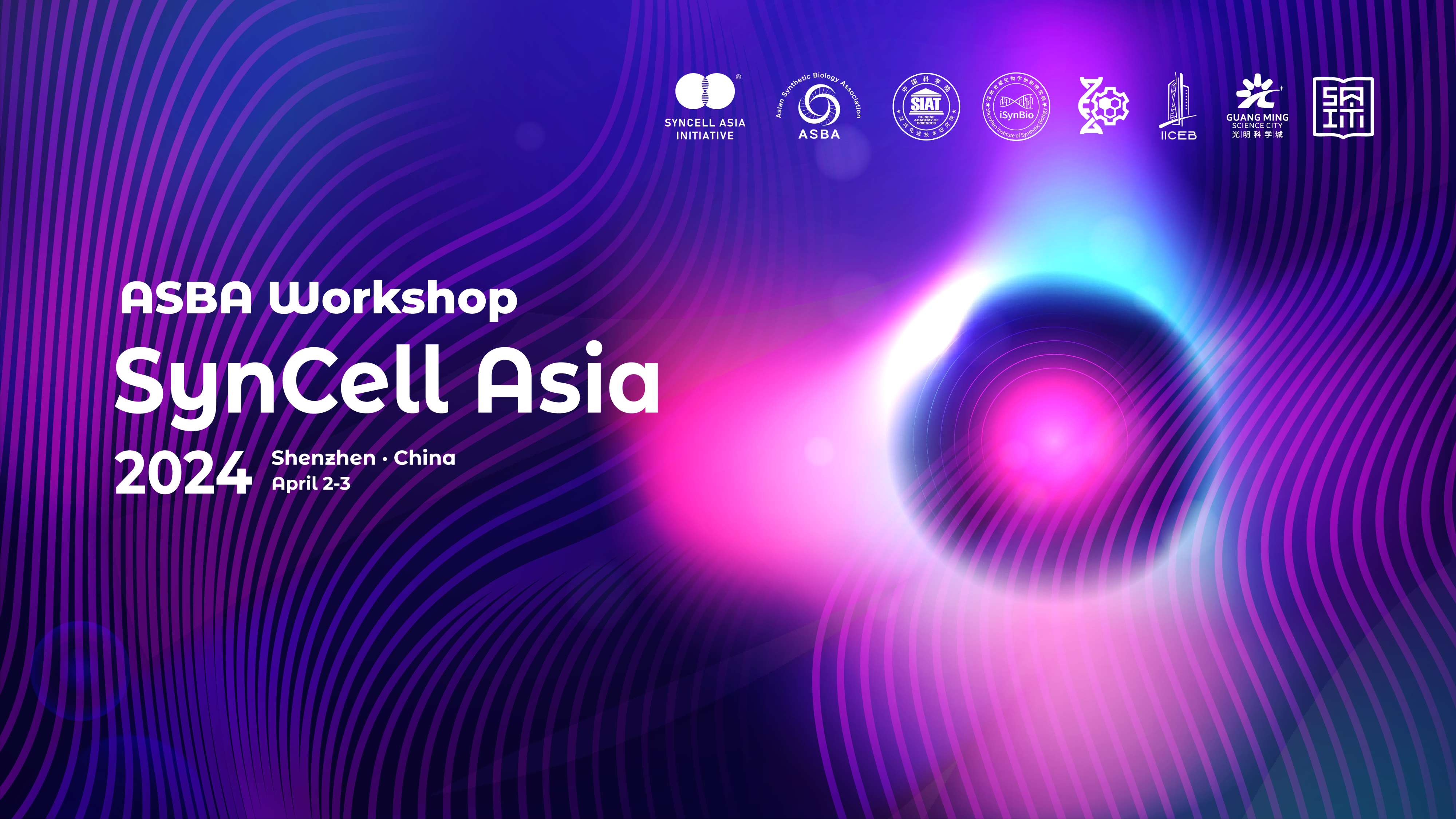
From April 2 to 3, the 2024 ASBA Workshop, SynCell Asia, was successfully held in the Shenzhen Guangming Science City, co-hosted by the Shenzhen Institute of Advanced Technology (SIAT) of the Chinese Academy of Sciences and the Asian Society for Synthetic Biology (ASBA). As an important academic event in this field, the workshop aimed to facilitate the exchange of the latest progress in the field of synthetic cells, jointly explore cutting-edge scientific issues, technological innovations, and cooperation in synthetic cell research, and also served as a mobilization and preparation for the Asian region for the Global Summit on Synthetic Cells to be held in Shenzhen from October 23 to 25. The meeting attracted representatives and experts from approximately 25 research institutions across six countries, including Japan, South Korea, Singapore, Thailand, Malaysia, and China. Through various forms of communication such as conference presentations and roundtable discussions, they deeply exchanged the latest findings and concepts in synthetic cell research. The convening of the workshop also marked that research in the field of synthetic cells in Asia is entering a new phase of in-depth cooperation and rapid development.
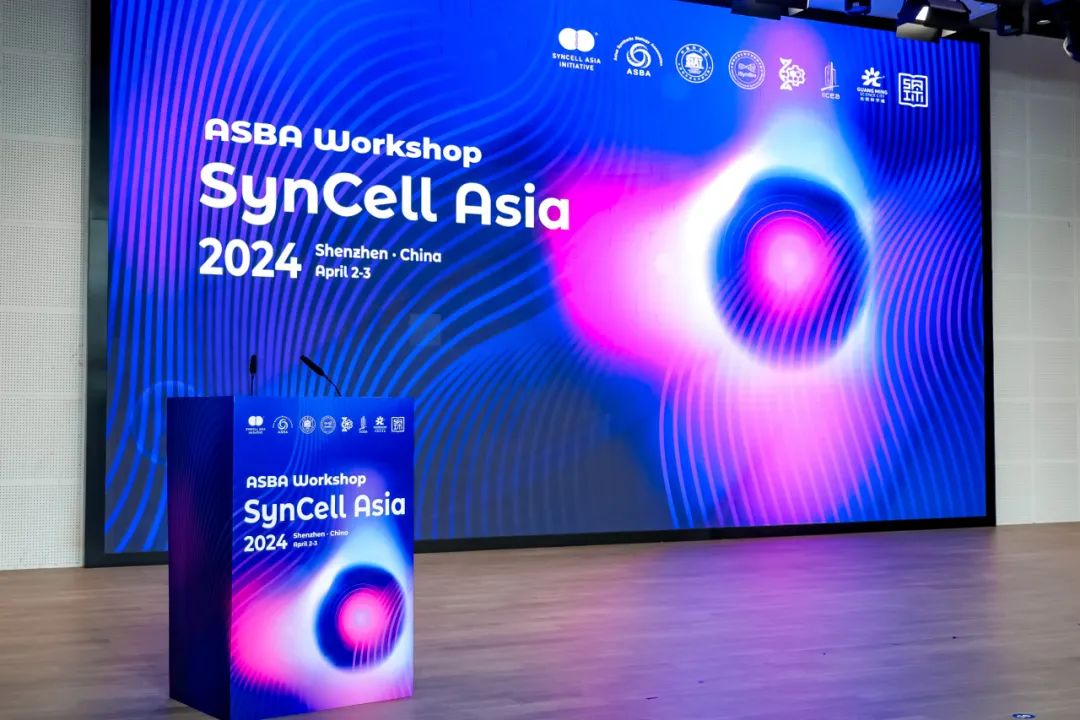
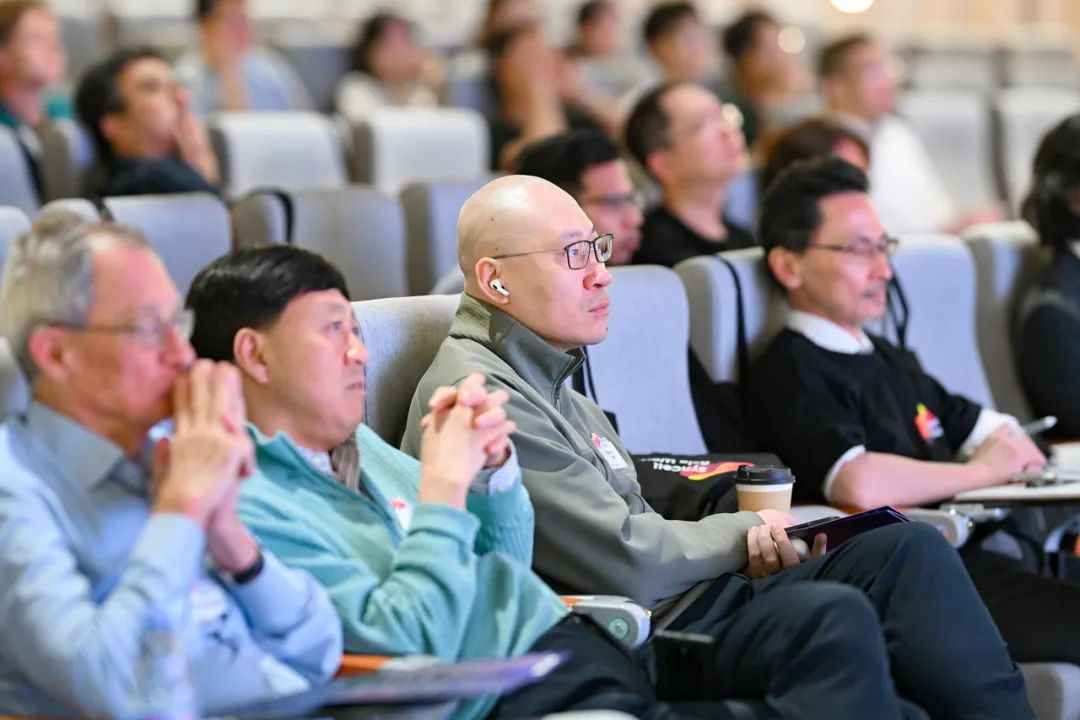
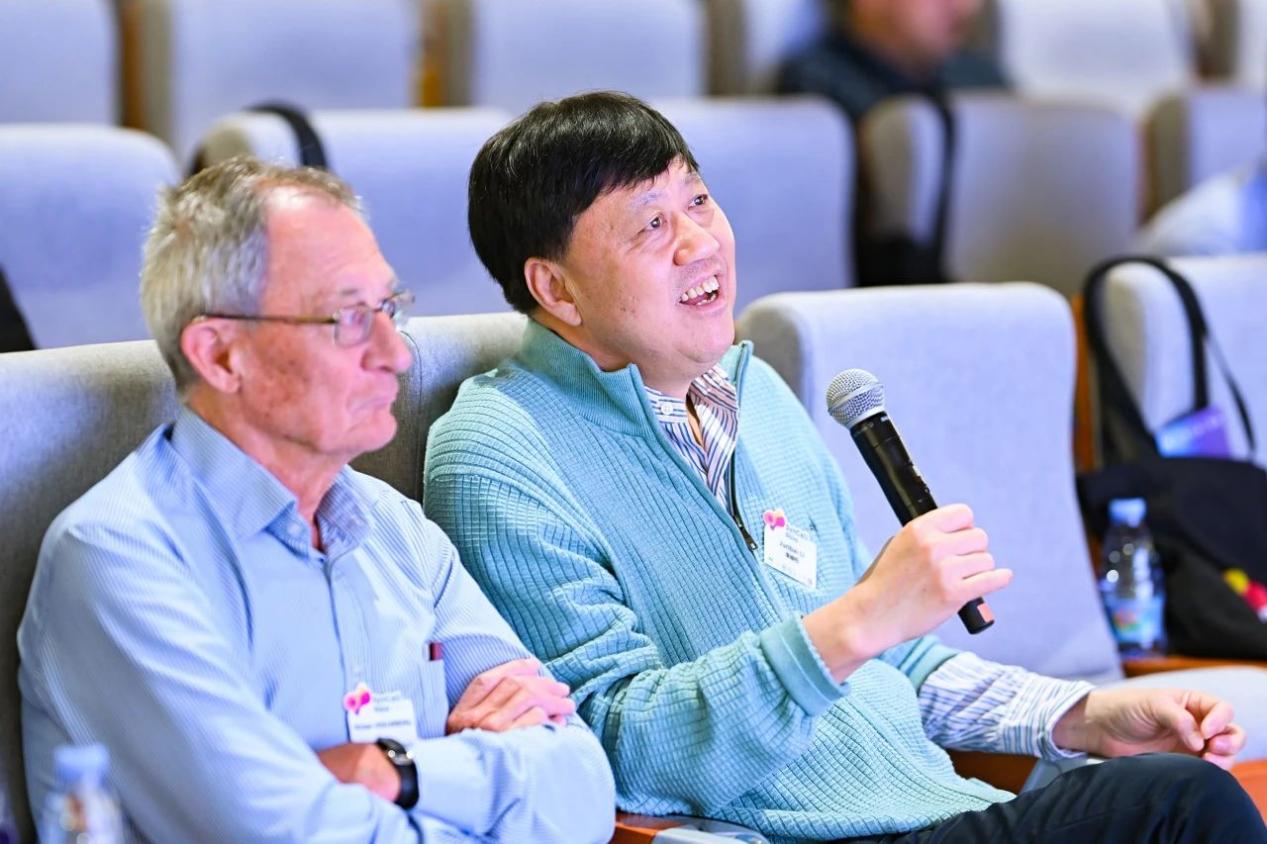
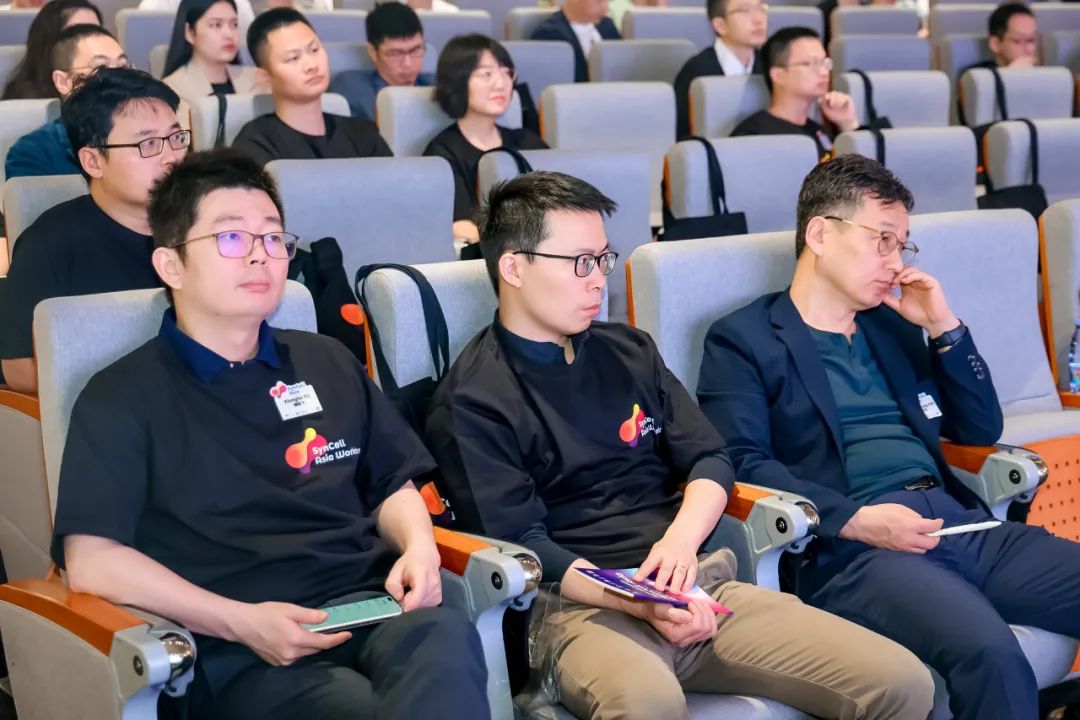
Participants in the meeting included Liu Chenli, Deputy Director of the Shenzhen Institute of Advanced Technology of the Chinese Academy of Sciences; Matthew CHANG, President of the Singapore Synthetic Biology Association and Professor at the National University of Singapore; Byung-Kwan CHO, Vice President of the Korea Institute of Science and Technology; Akihiko KONDO, Vice President of Kobe University in Japan; Daisuke KIGA, Founding President of the Japanese Society for Synthetic Cell Biology and Professor at Waseda University; Norikazu ICHIHASHI, Professor at the University of Tokyo and current President of the Japanese Society for Synthetic Cell Biology; Duangthip TRISRIVIRAT and Pattarawan INTASIAN, both from the Thai Institute of Biomolecular Science and Engineering; and Ahmad Bazli RAMZI, a doctoral researcher from the National University of Malaysia. Experts and scholars from top domestic universities and research institutions, including Tsinghua University, Zhejiang University, Shanghai Jiao Tong University, Harbin Institute of Technology, and the Institute of Chemistry of the Chinese Academy of Sciences, who are engaged in the field of synthetic cell research, were also invited to attend.
Firstly, Deputy Director Liu Chenli, together with the Executive Committee of the Asian Society for Synthetic Biology, welcomed the experts and delivered a speech titled "SynCell Asia Initiative," calling for in-depth cooperation among Asian countries in the field of synthetic cells. Subsequently, experts and scholars from various countries shared their latest research findings and insights in the field of synthetic cells. International experts engaged in detailed discussions on the design, synthesis, and characterization of synthetic cells and showcased applications of supporting technologies and other related research results. Based on the latest scientific developments and challenges in synthetic cells, the meeting also explored new models of interdisciplinary and cross-regional cooperation.
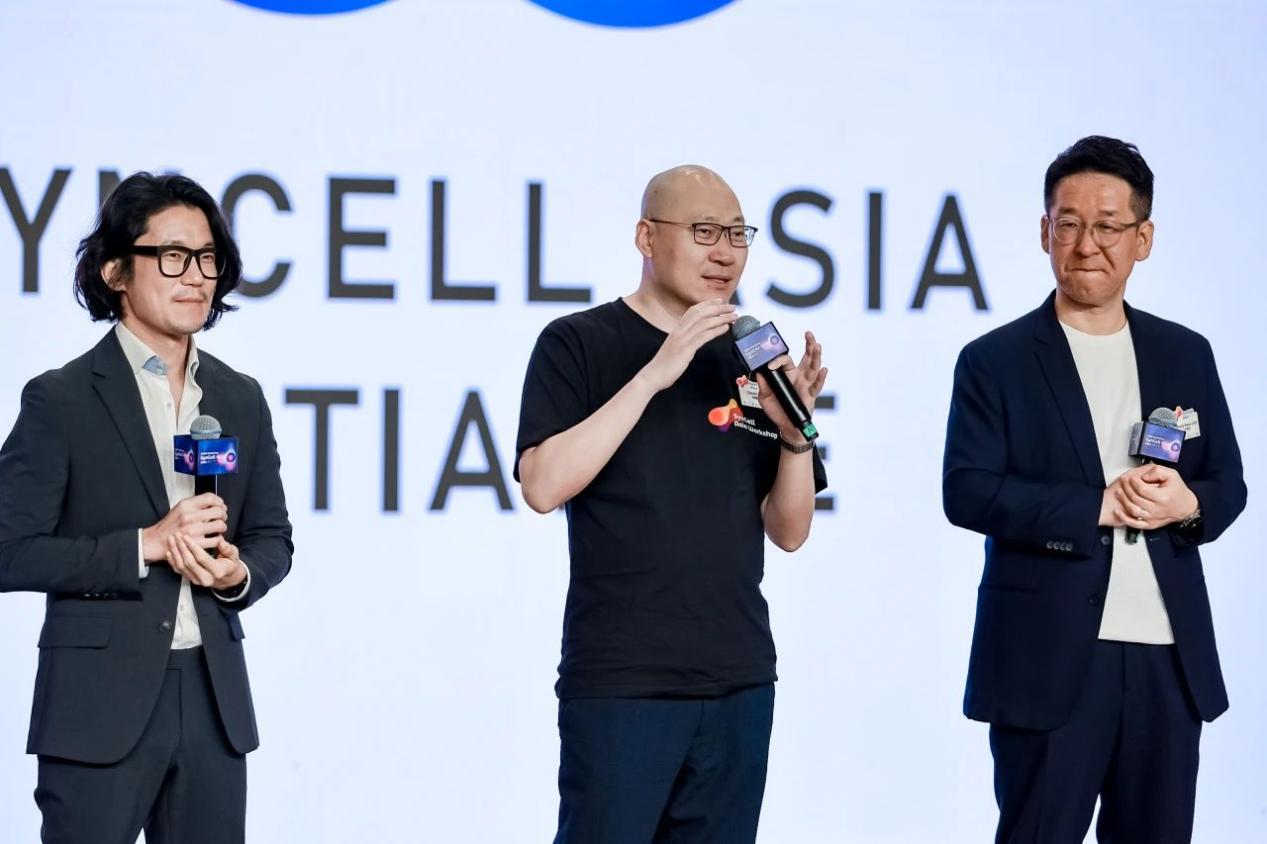
Significantly, in the presence of all participants, representatives from the six Asian countries involved signed a Memorandum of Understanding (MoU) on the theme of "Synthetic Cell Research." They pledged to strengthen scientific research cooperation within the region, establish a long-term cooperation mechanism and an exchange platform to promote knowledge sharing, technological exchange, and talent development. The signing of the MoU marks a new milestone in the cooperation of synthetic biology across the Asian region.
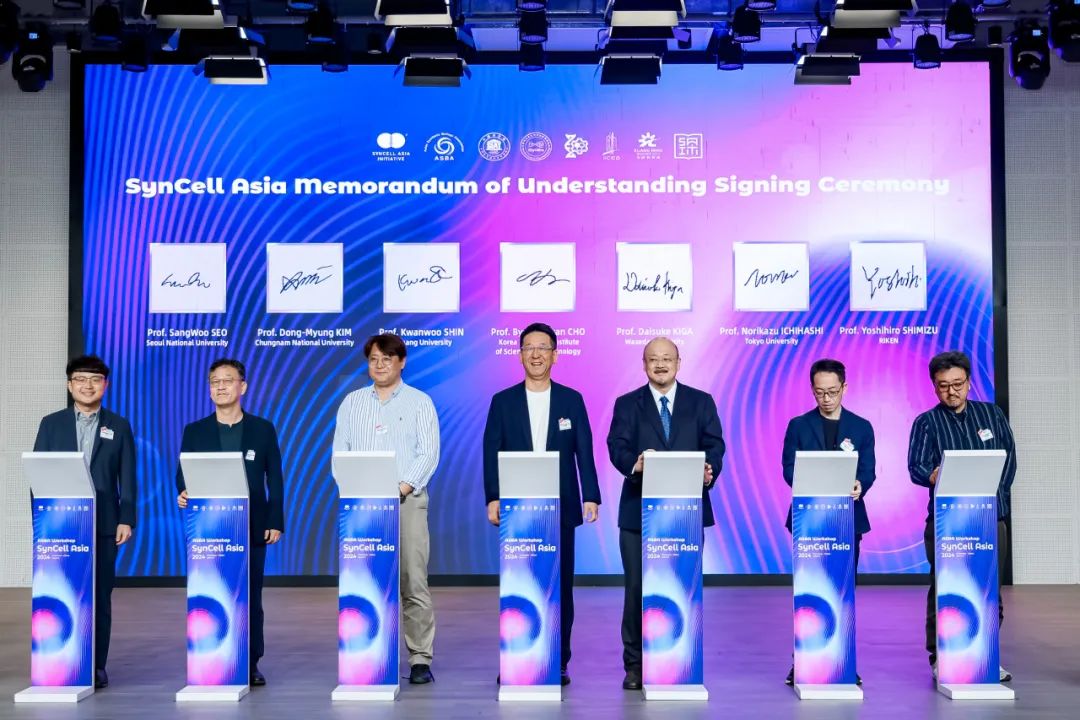
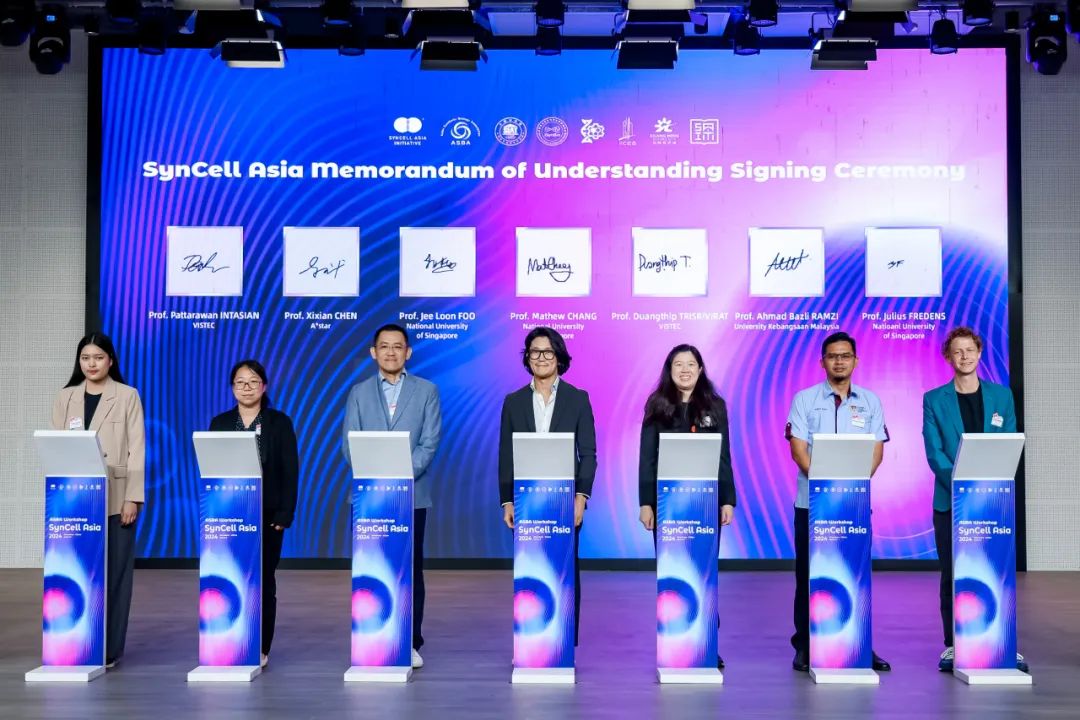
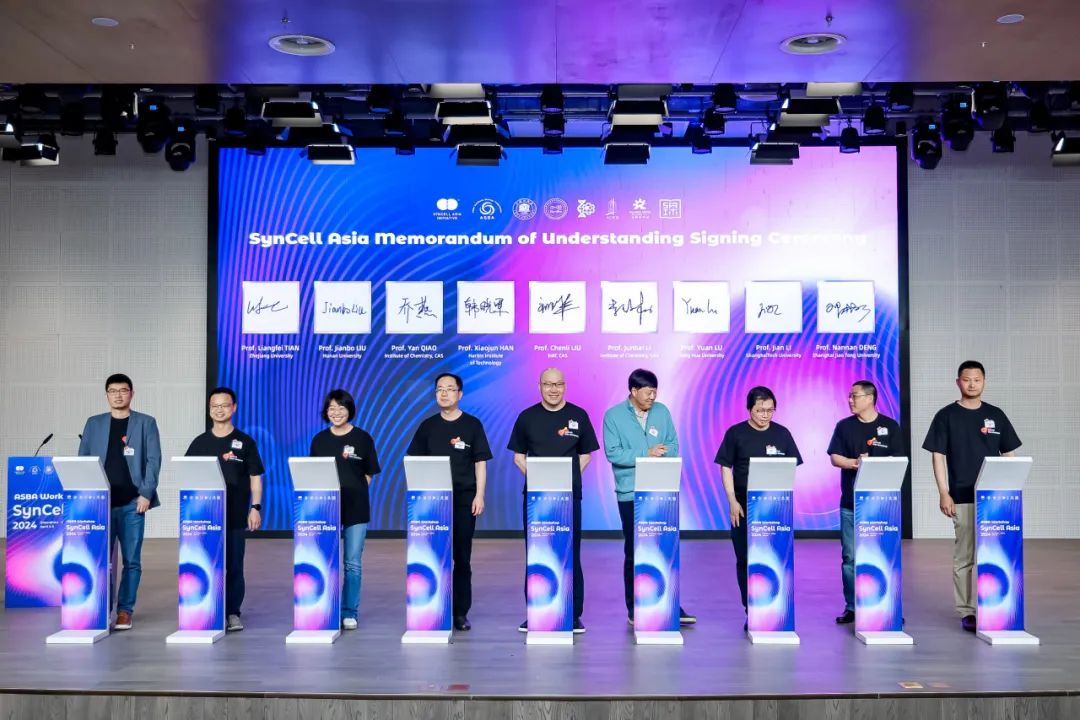
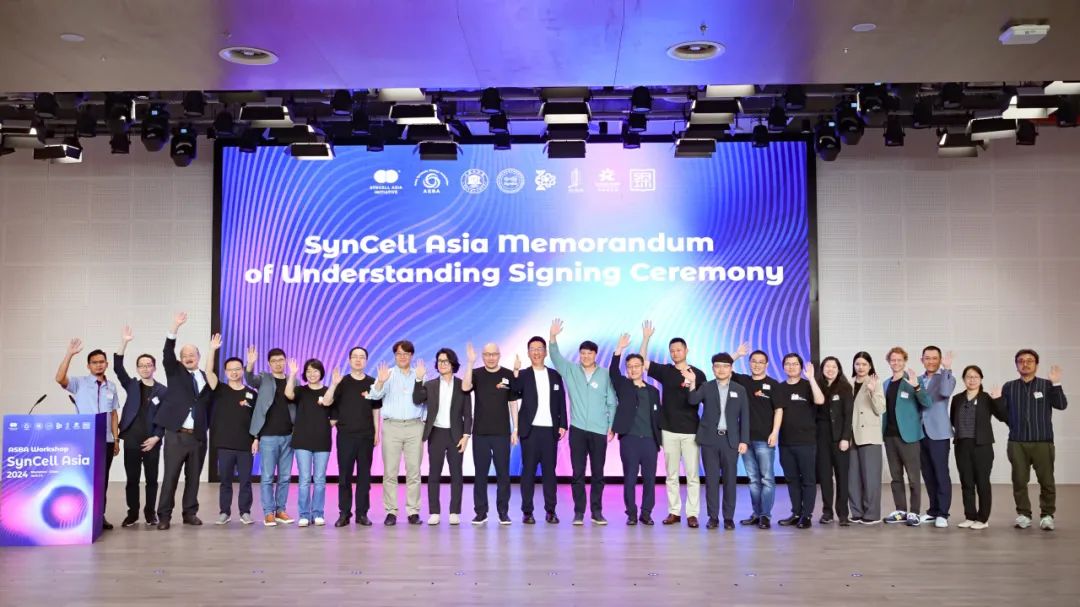
Deputy Director Liu Chenli stated that the signing of the Memorandum of Understanding not only provides a stable framework for the long-term development of the synthetic cell field in each country, but also paves new ways to address interdisciplinary scientific challenges. It heralds the launch of more collaborative projects and exchange activities among Asian countries. Additionally, the establishment of the cooperation platform is expected to attract more international research institutions and enterprises to participate in synthetic biology research in Asia. Together, they will tackle the challenges of synthetic cells, develop universal technologies, set international standards, and strive for major breakthroughs in the synthesis of single-cell life. This will drive technological innovation in areas such as agriculture, food, energy, and the environment.
The cooperation among Asian countries in the field of synthetic cells is facing unprecedented development opportunities. With the Memorandum of Understanding as an innovative framework for international cooperation, Asian countries will jointly commit to conducting collaborative research on the theme of synthetic cells. Following the successful establishment of a cooperative foundation at the 2023 Asian Synthetic Biology Workshop on the theme of single-cell life synthesis and facilities, the 2024 SynCell Asia Workshop, as part of the “SynCell Asia Workshop” series, continues to push forward and enable Asia to play a more significant role in the globally focused research topic of synthetic cells. It also injects new momentum into global scientific and technological cooperation. In the future, the SynCell Asia Workshop will continue to focus on issues related to synthetic cells, hosting workshops with different themes in various Asian countries to sustain and enhance regional communication and collaboration.
